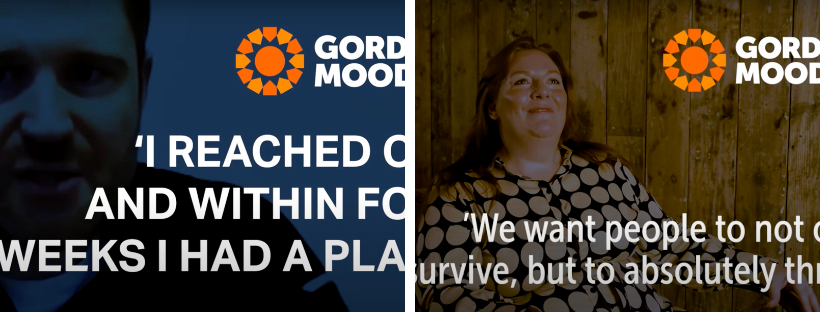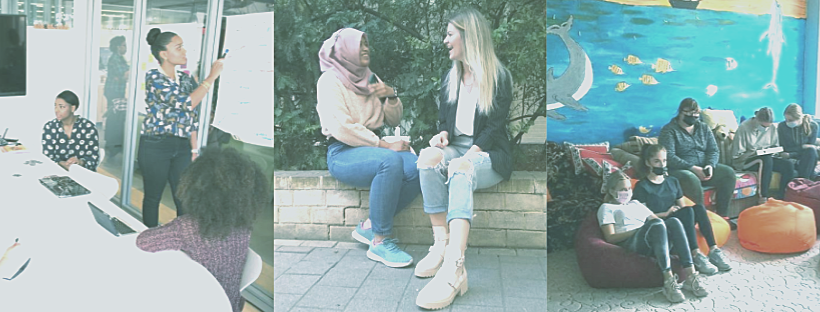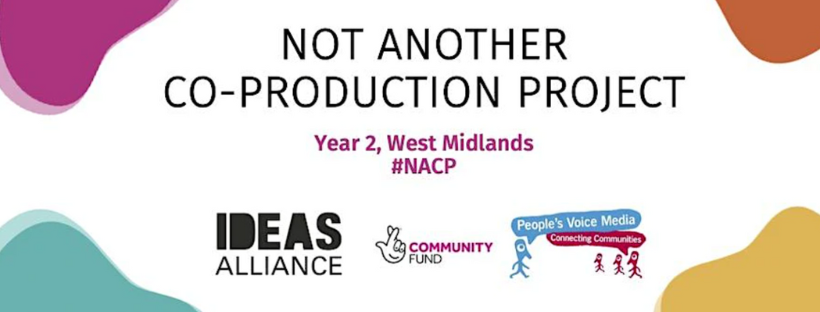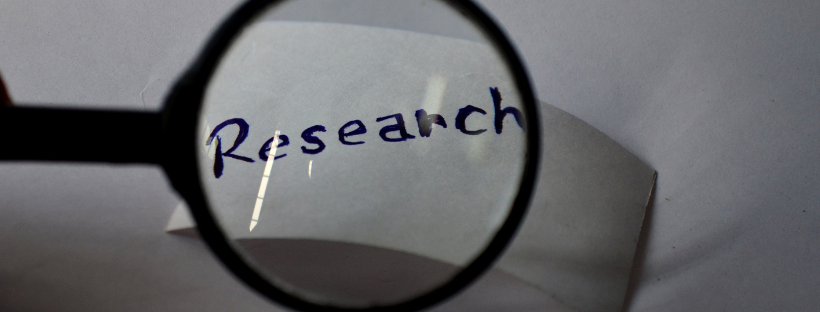Disability Rights UK (DRUK) & People’s Voice Media are working in partnership to record people’s lived experience narratives and insights about the COVID-19 pandemic and lockdowns.
As a Disabled person, and someone who lived through COVID-19 and who is living with long COVID, this partnership is so important. It is not only about ensuring the lived experiences of people like me are at the heart of the inquiry, but it’s about the inquiry hearing the truth from so many like me. Our remit was to capture the lived experiences of 12 Deaf and Disabled people, but we’ve already gone beyond that. We also have more people to share their stories and are looking for others, to ensure that we represent the variety of disability experiences across the UK.
Much like the lockdowns, hearing Disabled people’s lived experiences has been a mixture of emotions. Sometimes heartbreaking, often leading to gritted teeth and clenched fists with thoughts like
“How could this have happened? Why was common sense not used?”
Occasionally we’ve heard snippets of hope about kindness, communities and creativity. Sadly, many interviewees have not been surprised by what they and their loved ones experienced. Experiences such as the deaths of Disabled people in and outside of care homes, lack of access to food shopping and personal protective equipment (PPE) for Disabled people who were isolating and/or requiring personal care did not happen by accident. They were the result of policies and choices that have a discriminatory view of Disabled people. Examples of such policies and choices include Coronavirus (COVID-19): Guidance for the Care Act easements, issued to local authorities early in the pandemic. Additionally, there was government guidance for people receiving direct payments.
This project will ensure the Covid Inquiry hears the experiences of Deaf and Disabled people who lived through the pandemic. It’s vital these voices are central to the Inquiry’s exploration of the inequalities and injustices people have faced. To prevent any future situation leading to injustices against Deaf and Disabled people, the COVID Inquiry, and those called before it, will have to face some profoundly uncomfortable facts. For example, how did we reach a situation requiring Disabled people to sign DNRs (Do Not Resuscitate orders) and for this to be considered acceptable? What beliefs and assumptions about the worth of Disabled people guided this way of thinking?
At the heart of the work is co-production. Once all the interviews have been done, the interviewees will be invited to a sense-making workshop in the New Year, to agree the main points and recommendations together for the COVID Inquiry. This will include positive and negative aspects of people’s experiences. We have collated a wide range of stories to date and we’re working with DRUK to ensure we can add more stories. Additionally, we are working with DRUK to explore how we share these stories beyond the COVID Inquiry, because it’s vital that people know and remember that at the height of the pandemic and lockdowns, we were not all in it together. There were many inequalities faced by Disabled people.
We would very much like to hear from Blind people and Deaf people about their experiences during the pandemic. Additionally, having narratives from people in Northern Ireland, Scotland and Wales will enable us to give the COVID Inquiry a UK-wide view. Currently our story sharers include 3 parents who have spoken on behalf of their children who have learning disabilities and who do not communicate verbally. We would also like to include the experiences of people with learning disabilities in their own words.
The project team has been humbled by what people have shared. These stories are full of trauma, and as a project team we have had to be mindful and work in ways that mean we can support people to share their stories in a trauma-informed way. Undertaking this work, within the team itself, has helped the practice of Community Reporting and made us really think about the care and due regard we need to have in place when capturing stories. We’d like to thank everyone who has contributed so generously to this work and we will share the results with you later in the project.
Isaac Samuels, Community Reporting Lead, People’s Voice Media




